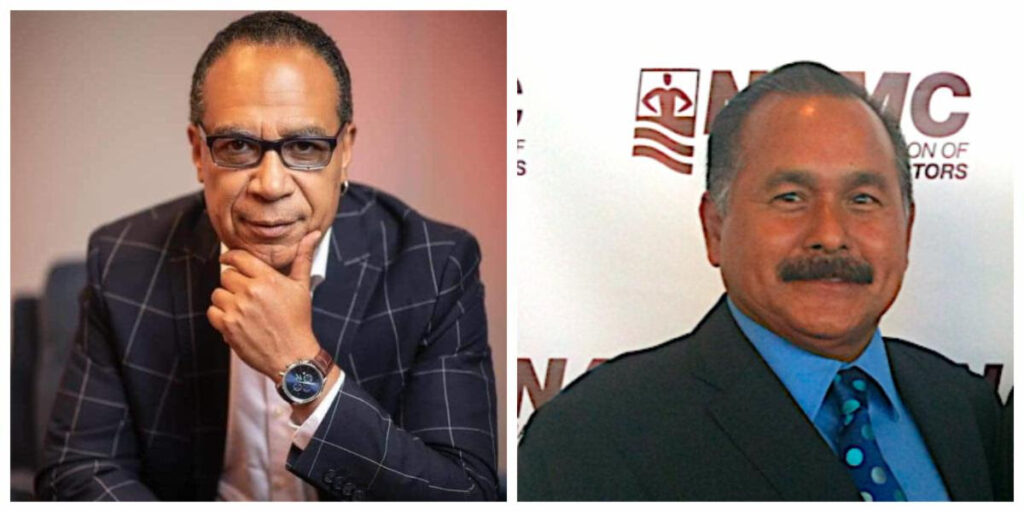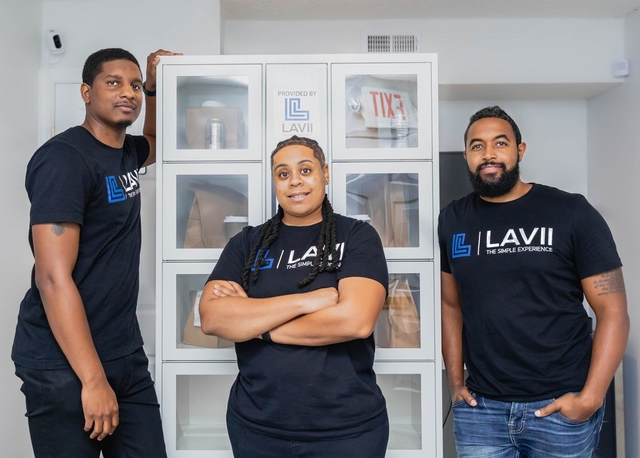Sacramento, CA – The new year is off to an industrious start with Jay King, CEO and President of the California Black Chamber of Commerce (CBCC), announcing a statewide partnership with the National Association of Minority Contractors, Northern California (NAMCNC), under the direction of its Northern California Chapter President, Pete Varma. The two organizations intend to spearhead a plan to direct support, education and contracting opportunities to Minority/Women Business Enterprises construction trades throughout California. Together both CBCC and NAMCNC will act as catalysts, building relationships between corporations seeking subcontracting opportunities and underrepresented small businesses. The CBCC is the largest African American non-profit business organization, representing hundreds of businesses, affiliates and Chambers of Commerce in California while the NAMC is the oldest minority construction trade association in the United States. The construction industry workforce in the United States is made up of over 25 million Black, Indigenous and People of Color (BIPOC) employees. The representation of BIPOC in critical roles has never been more crucial. While there are some corporations that are actively promoting inclusion and diversity in the awarding of work contracts, many are not, due to the inability to properly target these candidates. Both King and Varma hope to mitigate this disproportionate workforce by stimulating a productive environment of inclusive hiring-tactics, targeted training programs, and by forming partnerships with owners, developers and prime contractors. “This last year has been a tumultuous one for the building and construction trades. Within this key industry group, no one has felt the crippling effects of the pandemic more than minorities, women, the disabled veteran-owned and especially the Black-owned construction trades,” expressed Pete Varma, NAMCNC President. “As a result, this segment has faced additional roadblocks when it comes to talent acquisition, strategic partnerships and the opportunity to effectively scale their construction business.” “Recognizing this, NAMCNC has developed a Pre-Apprentice Construction Labor-Ready program. NAMCNC is filling the gap of labor shortage by educating and training young men and women from underserved communities, foster youth, high schools/ adult schools and others. Coupled with our Contractor Readiness program, which includes financing, bonding, and growth strategy, we are priming our members for success. NAMCNC is enthusiastic about our constituents and works towards creating a more representative and equitable workforce. Our alliance with the CBCC positions us to be even more of service,” cites Varma.
NAMC is made of more than 50 Hall of Fame legacy contractors and builders, with a combined annual project capacity of over a billion dollars nationally. As a leading voice for minority trade workers, NAMC also provides assistance/guidance to undocumented workers in the construction industry. Corporations, owners, developers, city, county and federal agencies all must change their policies to ensure the growth and opportunity for the under-represented contractor workforce. CBCC and NAMCNC are focused on influencing the legislation of each local municipality, so that they are more encouraging and focused on minorities, disabled veterans and women-owned businesses, all while, improving the culture of the construction industry they effect. “Our economy is being rebuilt after a year of unrelenting devastation, from the pandemic and the many protests that have taken place throughout the Trump Presidency. But we don’t want to focus on the divide, we want to build the bridge of coming together,” cites CBCC CEO and President, Jay King. “With 95% of our (African American) businesses existing as one employee, financial literacy is the chamber’s foundational mission alongside of ensuring that our small and micro business owners are included in the rebuilding process of our communities and economies.”
“Pete and I will mobilize all key opportunities to represent on behalf of these entities, to ensure they are not overlooked and partner them with other sole proprietors from all of the other disadvantaged groups who have similar issues, so that we can create a culture of allies, not adversaries, and comrades instead of competitors,” King continues. “This we believe will be the beginning of a conversation that should be had across America in every business sector in the country. We want to be inclusive of all Americans so we can make ‘America Great for Once.’”
|






